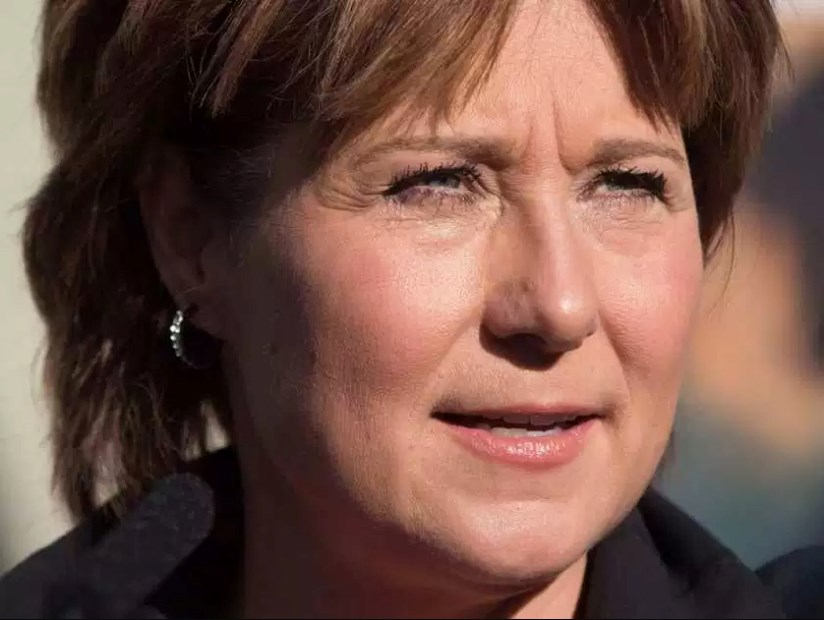 The only reason the antiquated Medical Services Plan premium system has lasted this long is because figuring out a better approach is an even bigger headache than putting up with the unhappiness created by the status quo.
The only reason the antiquated Medical Services Plan premium system has lasted this long is because figuring out a better approach is an even bigger headache than putting up with the unhappiness created by the status quo.
The more you look at the options, the more complicated it gets. B.C. Liberals had some tentative thoughts about reforming the one-premium-fits-all approach that has applied for decades. Premier Christy Clark declared herself unhappy with the tax and determined to do something about it this year.
But in the February budget, the government just continued the practice of tinkering with the premiums, rather than starting the radical changes most people think are necessary.
The budget further exempted low-income families and at the same time announced a plan to increase premiums for medium- to higher-income earners. Last week, there was more tinkering, some of it simply undoing the February tinkering. The four per cent hike that was planned for this January was cancelled.
That’s obviously a pre-election move, but just as obviously signals that the B.C. Liberals have no plans to make the major reform ahead of the vote.
The more popular moves of raising the threshold at which individuals have to pay, and exempting children starting in January, will stand. Those are the latest in a series of moves over the past 14 years designed to keep the money coming in while easing the load on lower-income earners. Those efforts have pushed B.C. to a point that’s remarkable. Starting next year, the Finance Ministry says two million British Columbians won’t pay MSP premiums at all. Forty per cent of families will escape the tax, or have it reduced.
You’ll have to be netting more than $42,000 as a single or $51,000 as a family or couple to be required to pay premiums. Yet the complaints persist.
As Canadians, we are inordinately proud of our health system. As British Columbians, the only people in the country left with premiums, we are chronically unhappy about the system devised to help pay for it.
The changes over the years have added to the complexity when it comes to making the wholesale changes needed to make it more progressive. B.C. has been steadily increasing the tax while at the same time applying it to a smaller share of the population.
It’s gotten to the point where any major changes to the system could involve some pretty hefty increases on higher-income earners, because they’re the only ones left still paying. The government makes $2.5 billion a year from premiums and wants to maintain that revenue stream. Almost half the population is excused from paying it, so the only pool left from which to draw is the affluent.
Where it gets complicated is that hundreds of thousands of people get their MSP paid all or in part by their employer. Dropping the premium in favour of a more progressive income-tax adjustment would mean they’d lose a benefit and also see a noticeable tax increase. Employers would get a break, but individuals would get the bill.
The one clear advantage would be cutting the administrative burden of chasing more than two million people for monthly payments.
In 2002, a few months after they took power, a sudden need for health-care funding prompted the Liberals to jack premiums up by 50 per cent — to $54 a month for individuals from $36. Then, as now, the impact was mitigated by cutting rates for lower-income earners. The threshold back then was $24,000.
There were other increases by the Liberals in the first term, as well. Then the government laid off on MSP hikes for a while. In 2009, the hikes started again, and continued six years in a row, most of them on Clark’s watch as premier.
The current rate of $75 a month for individuals making too much to qualify for any breaks represents a doubling of the premium over the 12 years the B.C. Liberals have been in power. That milestone spurred both the NDP and the Greens to advocate for a wholesale reform. But it’s not as simple as it sounds.



